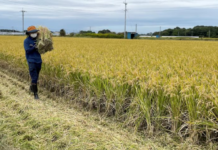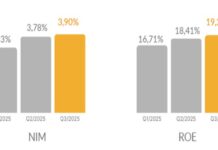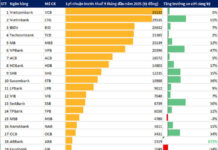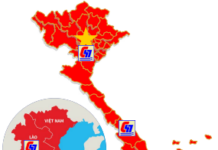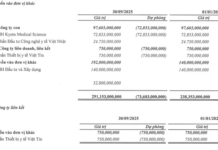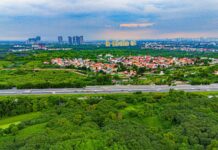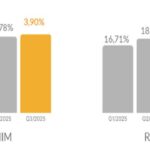“Unlocking” Agricultural Land’s Potential
Nguyen Van Dinh, a real estate legal expert, believes that the new Land Law of 2024 will “unlock” the potential of agricultural land, much of which is currently lying wasted and abandoned.
Mr. Dinh highlights the inefficiencies in the current system by pointing to instances where farmers combine agriculture with aquaculture or other business ventures. While it may not be strictly legal, the allure of shrimp farming, which can generate 30 times more revenue than rice farming, is understandable.
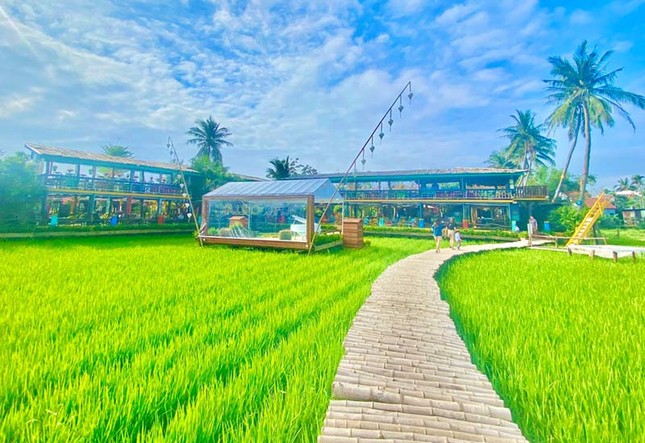
An illustrative example of a cafe situated amidst rice fields in Hoi An, Quang Nam.
Similarly, combining rice farming with innovative business models like cafe-style dining experiences can be highly lucrative, with monthly revenues surpassing annual rice farming profits. However, without a clear legal framework, such endeavors are deemed illegal. In contrast, certain impoverished provinces have successfully transformed their economies by developing golf courses, industrial parks, and new urban areas.
Mr. Dinh emphasizes the importance of rice farming for national food security but also advocates for a mechanism to safeguard the interests of rice farmers. He commends the 2024 Land Law for its focus on balanced development and the inclusion of provincial planning to designate rice-growing areas. This law also introduces tools for budget regulation to support these rice-growing provinces.
The new law permits farmers to use their agricultural land for commercial activities alongside rice farming, provided they submit a proposal to the managing authority. This ensures a careful balance between the interests of the state and its citizens. Farmers who benefit from using their land for commercial purposes are expected to contribute a portion of their profits to the state budget.
A critical aspect is finding a harmonious balance between agricultural land usage and commercial activities while preventing the unauthorized construction of permanent concrete structures that would hinder the land’s ability to revert to its original agricultural state. This delicate equilibrium between permitted land use combinations and illegal land use conversions is a significant challenge.
Transforming Agricultural Land into Homestay and Farmstay Destinations
Regarding the proliferation of homestay and farmstay businesses without proper planning, Mr. Le Van Binh, Deputy Director of the Land Department (Ministry of Natural Resources and Environment), offers two perspectives. Firstly, farmers can utilize their agricultural land for tourism purposes, integrating agricultural production with hospitality. Alternatively, land designated for tourism can be used for agricultural activities, falling under commercial land usage.
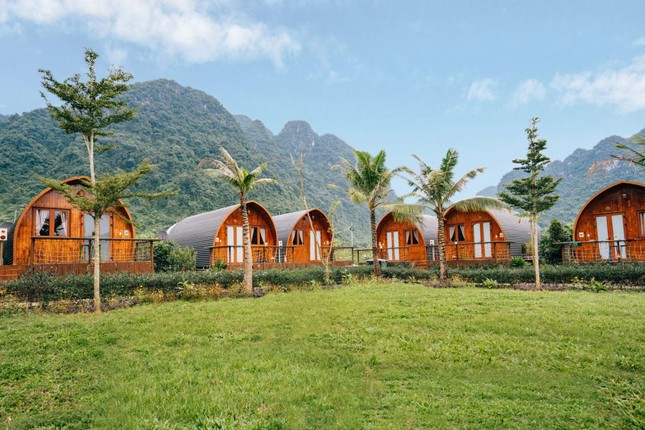
The uncontrolled development of homestays and farmstays on agricultural land.
The 2024 Land Law, specifically Article 218, clearly permits the multi-purpose use of agricultural land to increase income, provided it remains primarily for agricultural purposes and does not involve a change in land use. According to Clause 1 of this article, agricultural land can be used for commercial, service, livestock, or medicinal plant cultivation purposes.
To qualify for multi-purpose land use, certain conditions must be met. These include maintaining the land type as specified in relevant land documents, ensuring the land can revert to its primary agricultural use, and not impacting national defense, ecological conservation, or the usage of adjacent land parcels. Additionally, financial obligations must be fulfilled, and all relevant laws must be adhered to.




